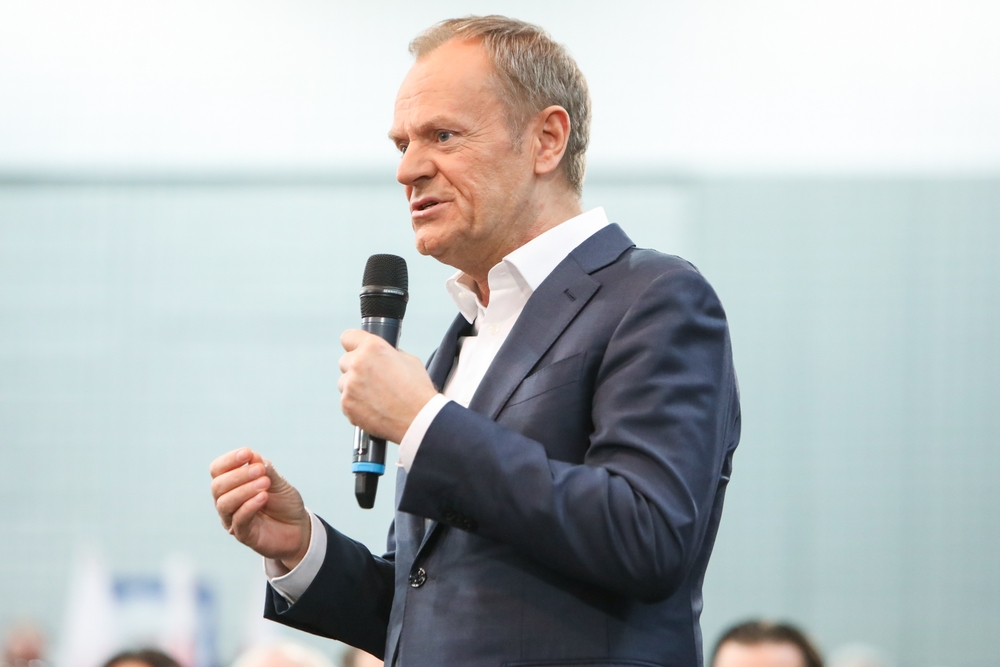Following Latvia’s lead, Poland considers banning Russian grain importals.
Others are reading now
Polish Prime Minister Donald Tusk has indicated that Poland may follow Latvia’s example by imposing a ban on agricultural product imports from Russia. According to Reuters, this statement was made during a press conference in Warsaw on February 29th, as Tusk addressed concerns over market distortions caused by Russian and Belarusian imports, which have been a point of contention among protesting farmers.
The influx of agricultural goods from Russia and Belarus into Poland has been a source of frustration for local farmers, who argue that these imports distort the market.
The issue has been exacerbated by recent farmer protests across Poland, with demonstrators railing against EU environmental regulations and perceived unfair competition, particularly highlighting the trade benefits extended to Ukraine.
Also read
Latvia Sets a Precedent
In a move that may set a precedent for Poland and potentially other EU countries, Latvia implemented an embargo on Russian agricultural imports last week.
This ban, effective until at least July 2025, aims to cut economic ties with what Latvia refers to as “aggressor countries,” aligning with broader EU sanctions. Latvian Prime Minister Evika Siliņa emphasized her country’s role in leading by example with this decisive action against Russia and Belarus.
The EU’s Regulatory Focus
Echoing the sentiments of regional leaders, Tusk underscored the need for the European Union to enhance regulations concerning cereal and food product imports from Eastern countries.
This call to action suggests a growing consensus among EU member states on the necessity of a coordinated approach to agricultural imports, particularly in light of the ongoing geopolitical tensions and the impact on local economies.
As Poland contemplates imposing a ban on Russian grain imports, the move reflects a broader trend of European nations reassessing their trade relationships with Russia and Belarus amid ongoing conflicts and sanctions. With Latvia already taking firm steps, the coming weeks could see a shift in the EU’s trade policies, potentially leading to more unified actions against Russia and Belarus in response to the agricultural market’s challenges.


